“Script kiddies” are a type of computer hacker that copies malware programs from more experienced creators and put their own name on it. WannaCry was programmed by script kiddies, and the group they stole the malware from is selling a new set of vulnerabilities.
Cyber weapons for sale by dangerous hackers
Ransomware targets Android devices
Get ready for the next wave of ransomware
Beware of a new Locky-type ransomware
Blockchain and healthcare: what to expect
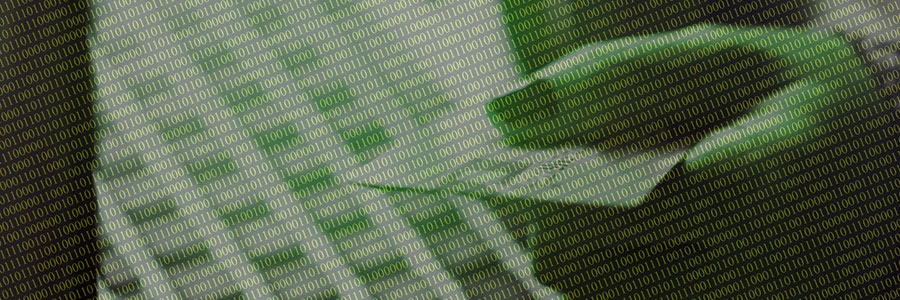
Blockchain is the newest technology to fuel the Silicon Valley hype train. Everyone is talking about the wonderful things it can do, but few have explained how it works in layman’s terms. Stay ahead of your competition with a crash course in this new and exciting technology!
What is blockchain?
Although the technology was first associated with Bitcoin and other digital currencies, blockchain is not exclusive to the financial sector.
Know these types of malware to stay protected
Ransomware protection for Windows 10
Nyetya ransomware: what you need to know
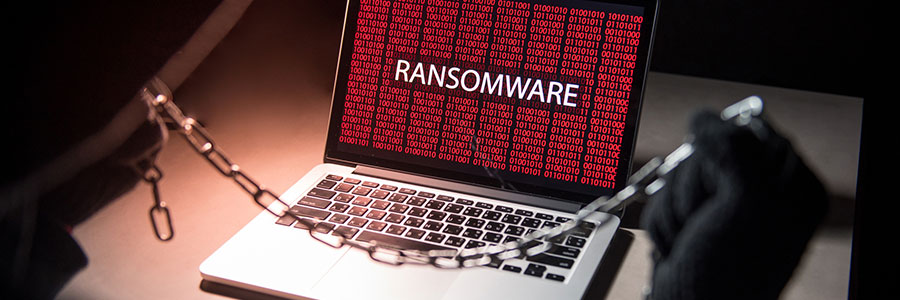
Nyetya, a variant of the Petya ransomware, is spreading across businesses all over the world. Although it shares the same qualities as WannaCry -- a ransomware deemed ‘one of the worst in history’ -- many cyber security experts are calling it a more virulent strain of malware that could cause greater damage to both small and large organizations.
Microsoft issues security patch for XP

When a Microsoft product reaches its “end-of-life,” the tech developer no longer provides feature updates, technical assistance, and automatic fixes for that product. Support for Windows XP, for instance, ended in April 2014. That said, recent malware attacks have caused Microsoft to continue support for their outdated operating system.

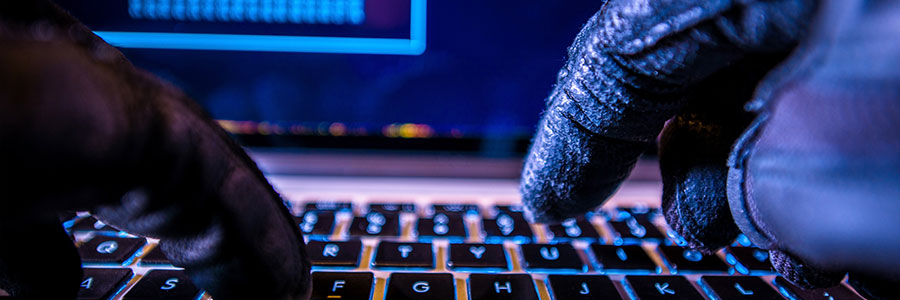

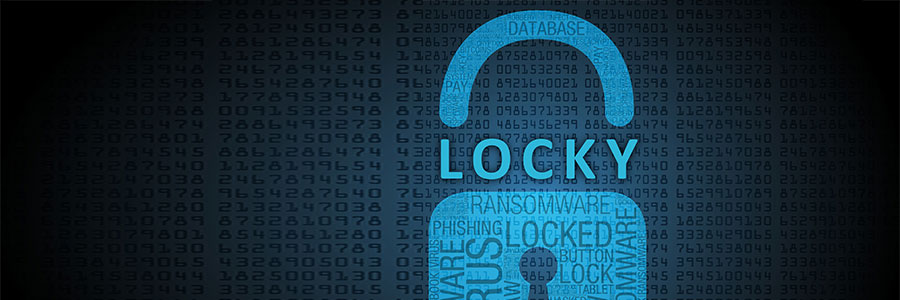



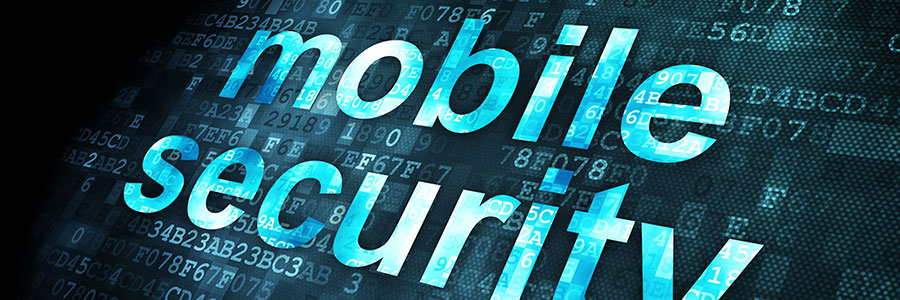
You must be logged in to post a comment.